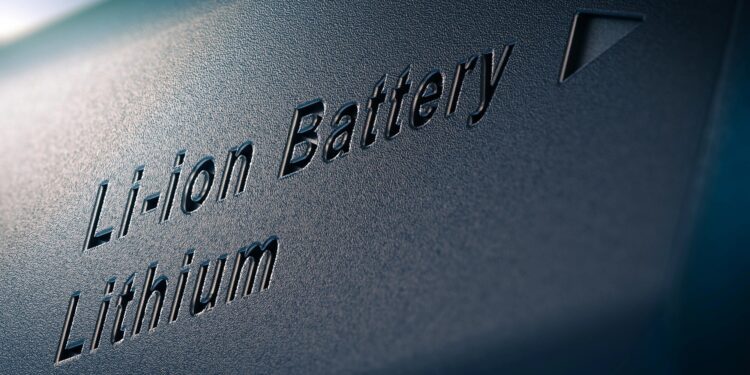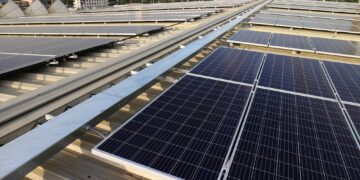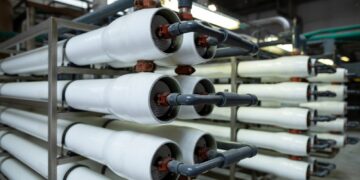A team from the College of Architecture and Planning at Imam Abdulrahman Bin Faisal University has suggested that Saudi Arabia should transition from lead-acid to lithium-ion batteries. Their recommendation, published in the journal Energies, targets the country’s growing renewable energy sector, particularly in residential solar energy.
Saudi Arabia aims to cut its oil dependence by 50% by 2030, according to the researchers. While solar panels are being widely adopted, stable energy storage remains a challenge. Lead-acid batteries, currently the most common option, are heavy, have a short lifespan of around 550 cycles, and lose efficiency in high temperatures. Their average capacity is about 2.4 kWh.
In contrast, lithium-ion batteries offer several advantages:
- They are lighter
- Occupy less space
- Charge faster
- Can deliver up to 5.12 kWh with a lifespan reaching 8,000 cycles
- Can be scaled up to more than 50 kWh, making them suitable for homes relying entirely on solar power
The researchers acknowledge that switching to lithium-ion batteries may initially increase imports from the United States, but highlight the potential for local production in the future. They emphasize that this shift aligns with Saudi Vision 2030, which seeks to advance both renewable energy generation and the development of modern domestic energy storage solutions.









